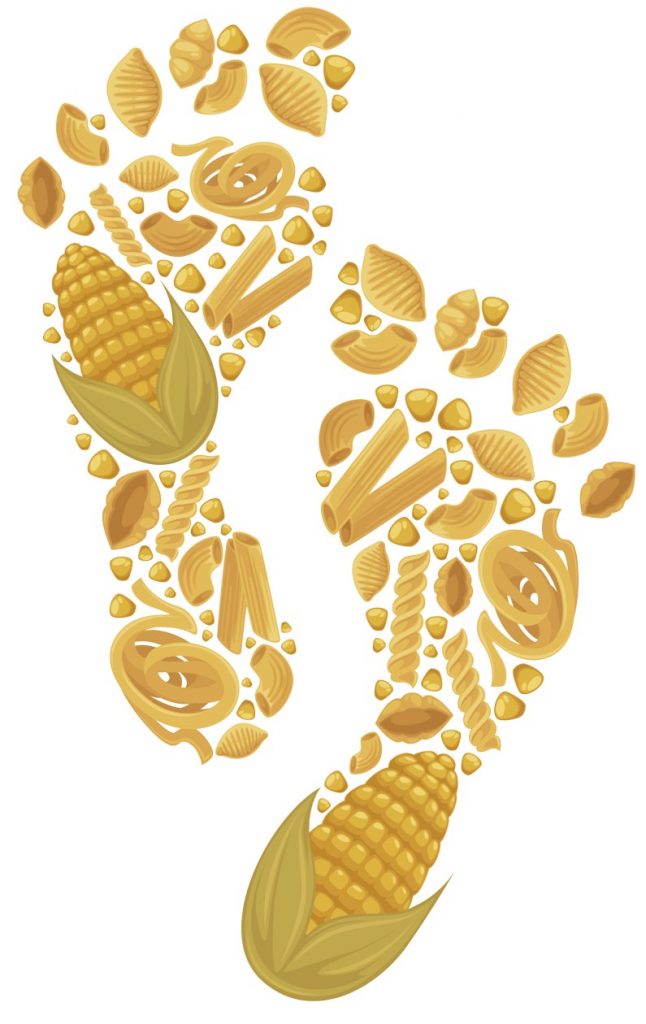

About our company
“A man cannot think, love, sleep well if he has not eaten well” – Virginia Woolf
We at CIVITA believe that with our free products we can contribute to a full life without cancellations! It is important to us that – the meal should go beyond satisfying needs and be a real physical and mental recharge – innovative technology should create value together with craftsmanship – make life even more complete with our products.
Environmentally conscious CIVITA

In today’s world, environmentally conscious and responsible corporate management is almost a matter of life, since our Earth and thus our lives depend on it. Every small intention that we can use to reduce the environmental load, our Earth will thank you. This is important in everyday life not only at the level of the individual, but also at the level of companies.
CIVITA is also putting more and more effort in order to do as little damage to the environment as possible with its operations, i.e. to keep its ecological footprint as small as possible.
What is the ecological footprint?
The ecological footprint is the value that expresses how much land and water a social unit needs to sustain itself and to absorb the produced waste. This value can be calculated for a family, region, country, but also for a business. Since the value can be influenced from two directions, it is important to eviscerate the available natural values less and less, and to be more and more aware of the garbage produced on a daily basis. It is a fact that even today the calculation of the value is constantly being refined, but as an indication it is definitely worth thinking about.
What does CIVITA do to reduce its ecological footprint during its production activities?
1. The corn necessary for the production of our products is grown within a 50 km radius of Debrecen, so we are guaranteed to use local ingredients. Vehicles do not pollute the air during short transports.
2. Our single-handed farm-to-table production process guarantees the naturalness of our products and the freedom from any additives. We only process corn from GMO-free production. All phases of corn processing are done in one place, which is a guarantee of quality and reliability on the one hand, and economy on the other.
3. We create our products without any allergens or any additives, and we also make sure to use only chemical-free corn for this. Thanks to this, our products preserve the naturalness of the raw material as best as possible.
4. Since corn is the grain sown in the largest area in our country, it is a raw material that is abundantly available, so the production of corn oil is cheaper than that of olive oil. CIVITA’s cold-pressed extra virgin corn oils also preserve all the valuable active ingredients in the germ. In this way, the beneficial effect of locally produced corn oil is a worthy rival to that of olive oil, while putting a much smaller burden on our environment.
5. Our latest development is the creation of a solar park within the plant, with which we can make our operation much more sustainable, since we will be able to produce a certain part of the energy used ourselves.
Only we humans can do to reduce our ecological footprint!
Company history and milestones
